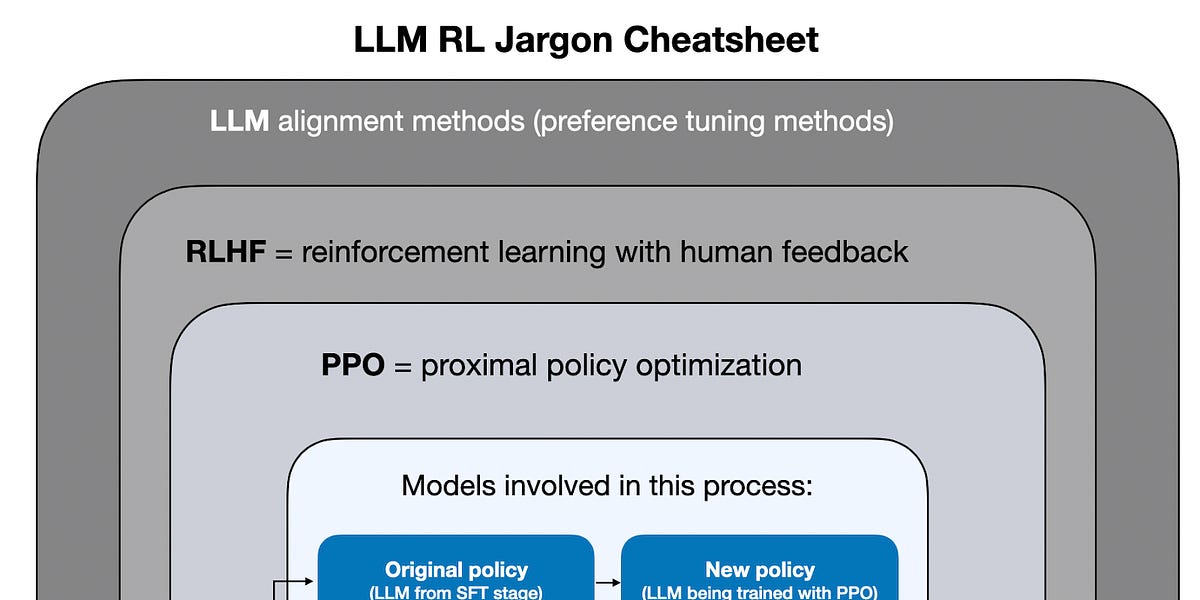“Without electronics, there is no space programme.”

To achieve self-reliance in the space sector, India must significantly cut its imports of electronic components, newly appointed ISRO chairperson V Narayanan said, expressing concern over India’s continued dependency on imported goods.
Currently, 90% of the components in ISRO’s launch vehicles are indigenised. The remaining 10% are imported, of which most are just electronics, the chairperson noted.
“At least in the next five years, the import of electronic components in our country should come down drastically,” Narayanan asserted.
He made this remark while speaking at the Nano Electronics Roadshow 2025 hosted by the Ministry of Electronics and IT (MeitY) in Bengaluru earlier this week.
Narayanan highlighted ISRO’s experience with sensors, noting that while initially only two of the 34 sensors used by the team were made in India, today, 32 of those 34 sensors are indigenously developed. This underscores India’s capability to rapidly increase indigenous production in recent years.
He praised India’s recent homegrown advancements, including the Vikram 32-bit processor, which ISRO previously imported. However, this move to innovate was necessitated by the denial of access to technology by other countries.
From Bicycles to Automation
Narayanan highlighted how India, which lacked satellite technology until 1975, is now donating satellites to other nations, signifying a significant milestone in its space ambitions.
Reminiscing back to 1962, he mentioned when India’s space program had been launched and rockets had to be carried to launch sites by bicycles and bullock carts. Looking at the progress of AI autonomous landings and world records achieved by India, the space program seems to be heading in the right direction.
Addressing the significance of electronics in space missions, he stated, “Without electronics, there is no space programme,” adding that nanoelectronics play an indispensable role in launch vehicles, spacecraft, and interplanetary missions like Chandrayaan.
This initiative was expanded by the development of IIT Madras and ISRO’s indigenous aerospace-grade semiconductor chip based on RISC-V, an open-source instruction set architecture.
The ‘IRIS’ (Indigenous RISCV Controller for Space Applications) chip was developed from the ‘SHAKTI’ processor baseline, highlighting India’s efforts toward self-reliance in semiconductor technology for space applications.
Indians in Space by 2040
Highlighting ISRO’s achievements, he pointed out India’s unique milestones, including Chandrayaan-3’s soft landing near the lunar South Pole and the Mars Orbiter Mission’s success on its first attempt.
The chairperson stressed the need for continued innovation in nanoelectronics, sensors, and processors, reflecting confidence that India can achieve complete self-reliance in electronics critical for space and other high-tech sectors.
“This year we are going to have the first uncrewed mission, followed by two uncrewed, and the crewed mission will be authorised,” Narayanan said.
ISRO has ambitious plans, including building its space station by 2035, undertaking human missions to space, and developing reusable launch vehicles. There was also emphasis on PM Modi’s guideline “to take humans to the moon and bring them back safely by 2040.”
Startup Ecosystem is Growing
Not only did Narayanan recognise India’s leadership in space innovation, but former ISRO chairperson S Somanath also highlighted this fact. He identified Bengaluru as the central hub, yet noted that the city is still developing a completely integrated communication satellite.
“There are small satellite-building companies, but I hope to see a four-tonne or six-tonne class communication satellite built by an Indian company and launched from Bengaluru,” he said during the panel discussion on ‘Future of Commercial Space’ at the Invest Karnataka 2025 event.
Despite the growth of the private sector, gaps in manufacturing continue to be a significant limitation. “We see startups focusing on components, but I have yet to see a fully integrated product emerging from Bengaluru,” he added.
Many more Indian engineers are opting to stay and build in India rather than moving abroad, thanks to the significant influence of India’s evolving space policy on this shift.
“There are really exciting challenges to solve, and in terms of the trade-off, people went abroad because of better projects and financial incentives. But if you are paid well here, you could visit those countries while building in India,” said Yashas Karanam, co-founder and COO of Bellatrix Aerospace, in an interview with AIM.
In January, the Union government announced the budget and allocated funds for a deep tech fund designed to support startups in this sector for further growth and expansion.
While there were many more expectations from space tech and drone startups alike, the government launched a ₹1,000 crore venture capital fund to encourage investment in space startups. The fund was expected to boost investors’ confidence, with ISRO backing commercial ventures in their early stages.
Help from ISRO, IN-SPACe and Others
An organisation that has played a huge role in India’s success is IN-SPACe (Indian National Space Promotion and Authorisation Centre). The Union Cabinet formed this organisation in 2020, establishing it as a single-window and independent agency operating within the Department of Space (DOS).
“IN-SPACe plays a crucial role in boosting the private space sector economy in India. We act as a promoter, enabler, authoriser, and supervisor, ensuring a conducive environment for private enterprises,” said Vinod Kumar, director at the IN-SPACe at Cypher 2024 hosted by AIM.
Many startups in India have expressed significant support from ISRO and IN-SPACe in advancing the space tech startup ecosystem. Not just those that launched their payloads on the ISRO SpaDeX mission, but also those that seek general help.
In an interview with AIM, Divya Kothamasu, co-founder at N Space (Andhra Pradesh-based startup), said, “They are encouraging us to do more and are supporting us in technical help whenever we have queries or doubts. We have meetings where we conduct design reviews with them as well.”
She also mentioned the technical problems the startup faced during the final stages of its experiment for the POEM-4 mission of ISRO and how the organisation helped fix the errors within a week to see a successful launch.
Additionally, PierSight, another startup based out of Ahmedabad, received significant support from both organisations during the preparation of its launch. Gaurav Seth, co-founder and CEO, told AIM,
“The way ISRO has opened up its arms for private companies stands as a major reason for our success, which is claimed within a short period of time.”
📣 Want to advertise in AIM? Book here
Sanjana Gupta
An information designer who loves to learn about and try new developments in the field of tech and AI. She likes to spend her spare time reading and exploring absurdism in literature.
Related Posts
Subscribe to The Belamy: Our Weekly Newsletter
Biggest AI stories, delivered to your inbox every week.
Happy Llama 2025
AI Startups Conference.April 25, 2025 | 📍 Hotel Radisson Blu, Bengaluru, India
Data Engineering Summit 2025
May 15 - 16, 2025 | 📍 Hotel Radisson Blu, Bengaluru
MachineCon GCC Summit 2025
June 20 to 22, 2025 | 📍 ITC Grand, Goa
Cypher India 2025
Sep 17 to 19, 2025 | 📍KTPO, Whitefield, Bengaluru, India
MLDS 2026
India's Biggest Developers Summit | 📍Nimhans Convention Center, Bengaluru
Rising 2026
India's Biggest Summit on Women in Tech & AI 📍 Bengaluru

 2 weeks ago
12
2 weeks ago
12









